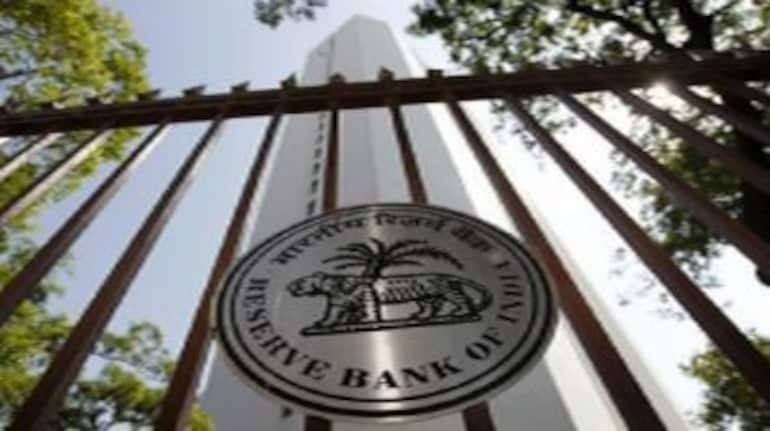



RBI today released the much-awaited guidelines for 'on tap' universal banking licence, but excluded large industrial houses as eligible entities from the purview, though they can invest in banks up to 10 percent.
As per the "Guidelines for 'on tap' Licensing of Universal Banks in the Private Sector", the initial minimum paid-up voting equity capital for a bank should be Rs 500 crore and thereafter, the bank should have a minimum net worth of Rs 500 crore at all times.
Individuals/professionals who are 'residents' and have 10 years of experience in banking and finance at a senior level and existing non-banking financial companies (NBFCs) that are 'controlled by residents' and have a successful track record for at least 10 years can apply for the licence.
Further, "entities/groups in the private sector that are 'owned and controlled by residents' and have a successful track record for at least 10 years, provided that if such entity/group has total assets of Rs 5,000 crore or more, the non-financial business of the group does not account for 40 percent or more in terms of total assets/in terms of gross income" are also eligible promoters.
The applicant would have to pass the 'Fit and Proper' criteria. According to it, promoter/promoting entity/promoter group should have a past record of sound financials, credentials, integrity and have a minimum 10 years of successful track record.
The foreign shareholding in the bank would be as per the existing FDI. At present, the aggregate foreign investment limit is 74 percent.
"The licensing window will be open on-tap, and the applications...could be submitted to the RBI at any point of time," the guidelines said.
The applications will be referred to a Standing External Advisory Committee (SEAC) to be set up by the Reserve Bank.
The validity of the in-principle approval issued by the RBI will be 18 months from the date of granting in-principle approval and would thereafter lapse automatically.
The RBI had last issued guidelines for licensing of new banks in the private sector on February 22, 2013.
Consequently, the RBI issued in-principle approval to two applicants and they have since established the banks (Bandhan Bank and IDFC Bank).
Discover the latest Business News, Sensex, and Nifty updates. Obtain Personal Finance insights, tax queries, and expert opinions on Moneycontrol or download the Moneycontrol App to stay updated!
Find the best of Al News in one place, specially curated for you every weekend.
Stay on top of the latest tech trends and biggest startup news.